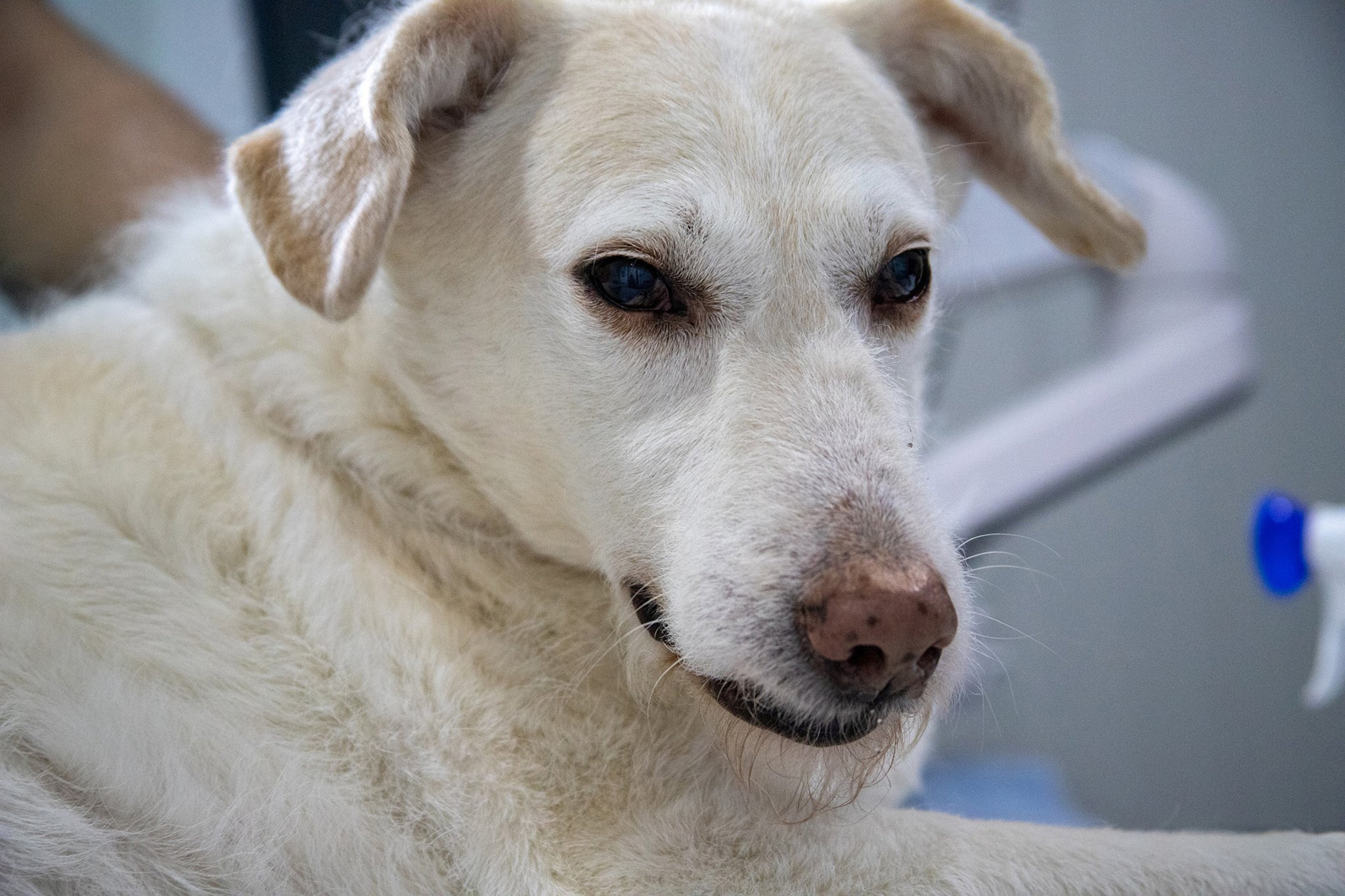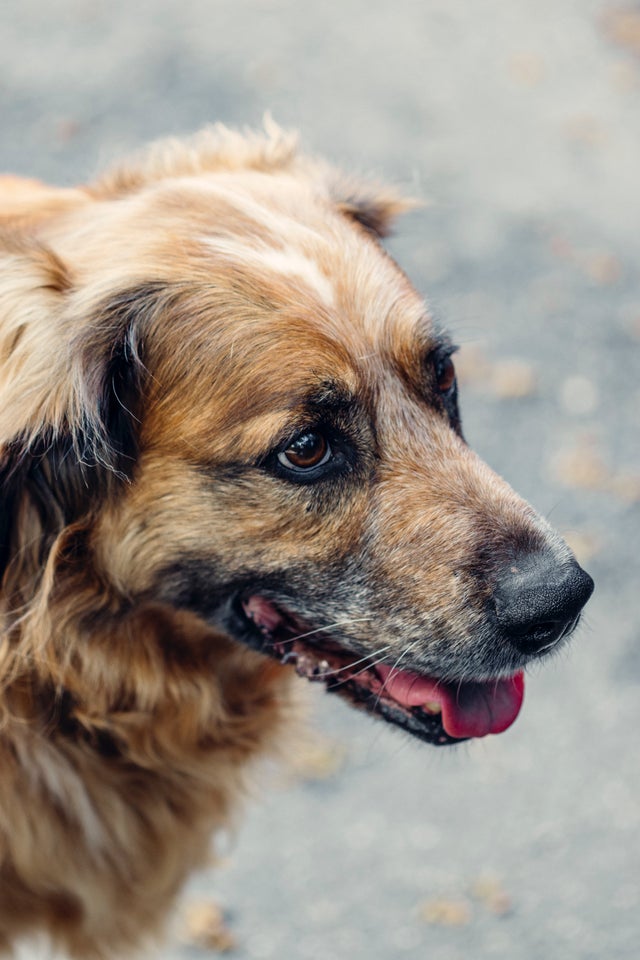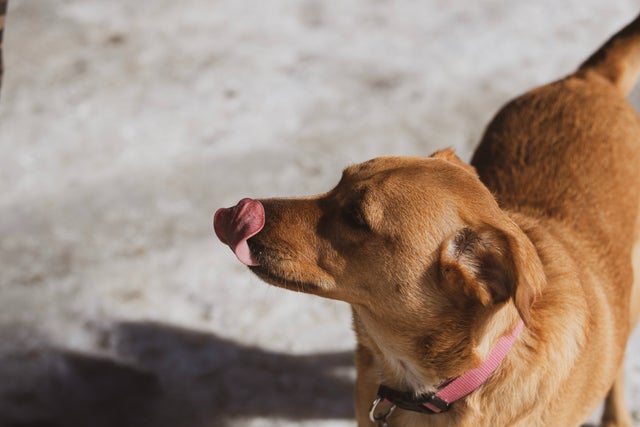Vomiting for dogs can be normal. They may eat food too quickly or eat something they’re not supposed to, triggering a gag reflex and then vomiting. This is quite common, but dry heaving alone without vomit may be reason to contact your veterinarian.
Kennel Cough
One of the most common causes of dry heaving in dogs is Bordetella, commonly known as kennel cough. Kennel cough is highly contagious and your veterinarian will advise you to keep your dog quarantined if diagnosed. It usually spreads among dogs in confined spaces. Your veterinarian can help you treat the disease with oral antibiotics to kill the bacteria. You may be able to prevent kennel cough by avoiding crowded, ill-ventilated areas, stress, and too much time in the cold. If your dog attends daycare or frequently socializes at dog parks, you may want to consider vaccinating.
Obstruction in the Throat
Dogs, puppies especially, love to chew on small toys and little things that can get lodged in their throats. If your dog is dry heaving, they may have swallowed a foreign object that is causing an obstruction in their throat. Gagging or dry heaving is their attempt to dislodge it. They may also experience trouble breathing so it’s important to get them to the veterinarian right away. Over time, the object can damage the lining in their throat or fully obstruct the airway to the lungs, causing further complications.
Tonsilitis/Pharyngitis
Enlargement of the tonsils may be a reason your dog is dry heaving or gagging. Your veterinarian will be able to intervene and prescribe antibiotics or sometimes steroids to reduce inflammation. Repetitive gagging can cause irritation and inflammation in the back of the throat, and inflammation can cause difficulty breathing. Tonsilitis is more common in young dogs and small breeds. It can be treated with antibiotics, anti-inflammatories, cough suppressants, and sometimes steroids.
Parasitic Infection
Parasitic infections such as tapeworm, roundworm, and heartworm may be causing your dog to dry heave. As unpleasant as it is to think about, parasites are very common in dogs. If your dog ingested something from outside, there could have been hidden eggs, which can make their way through your dog’s insides to the lungs and cause dry heaving.
Heartworms can become fatal if left untreated. Luckily, heartworms can be prevented with monthly preventatives from your veterinarian. Roundworms are usually not as serious as heartworms and over the counter medication can be purchased at a drug store, which should help clear the infection up within a few days.
Bloating, or Gastric Dilation/Volvulus
Bloating has the potential to be seriously dangerous. It could be a sign that your dog’s stomach is twisted from trapped gas, and if it is twisted it can cut off blood circulation to the gastric system. Dry heaving may be your dog’s attempt at releasing gas, which won’t happen if their stomach is twisted. If left untreated, bloating can lead to intense pressure and death of the tissue in the gastric system. Bloating can quickly become fatal. Usually, surgery is required to untwist the stomach or a stomach tube may be used to allow air to pass.
Deep-chested dog breeds are typically more prone to bloating and can experience it several times in their lives. You can help prevent bloating by feeding smaller meals more frequently to slow down consumption. You may also want to try incorporating wet food in their meals, or invest in a puzzle feeder or other tool to promote slower eating. Elective surgery is also an option, where stomachs in deep chested dog breeds can be sewn to the wall of their bodies to prevent twisting.
Tumor
Your dog could also have a non-foreign object in their throat, such as a tumor. Tumors can press up against the airway or esophagus and cause restriction in air passages, which can complicate breathing. Not all tumors are cancerous, but definitely get this checked by a veterinarian if you feel a lump. Unfortunately, a tumor in the chest could be indicative of Mediastinal Lymphoma, which impacts breathing and tends to cause coughing or dry heaving. Your dog may need surgery to remove the tumor, or potentially chemotherapy and radiation. Talk to your veterinarian, who will know how to treat your dog’s case.




